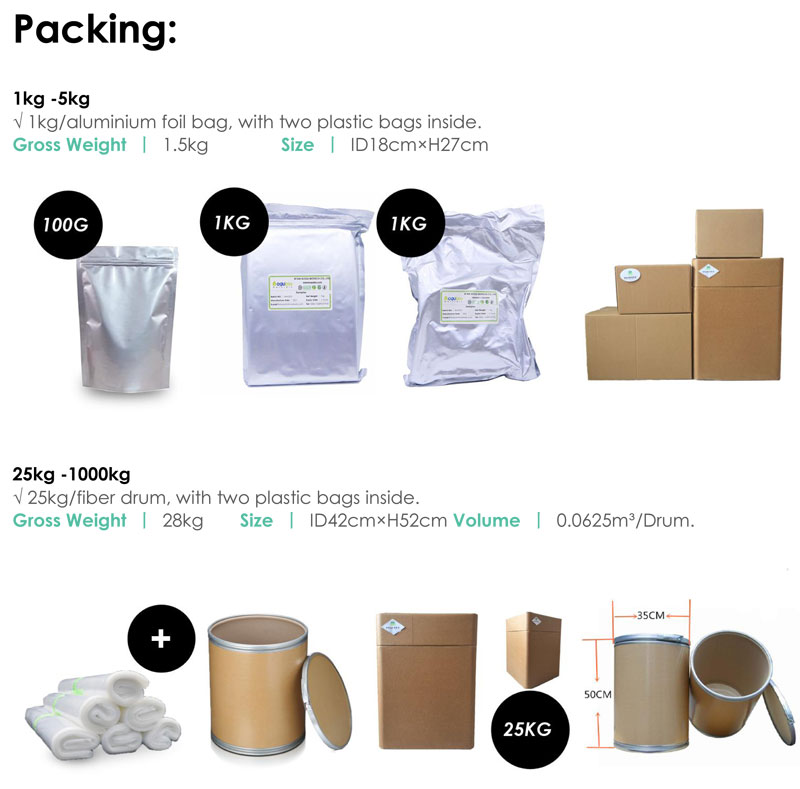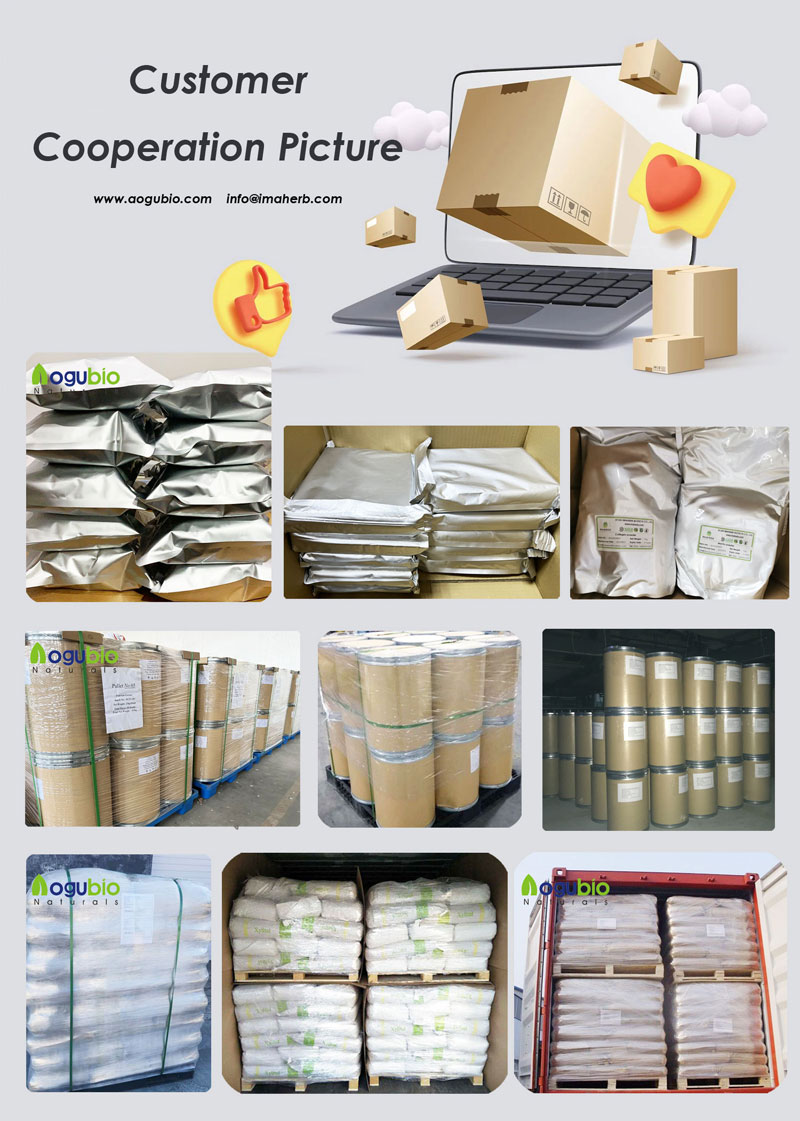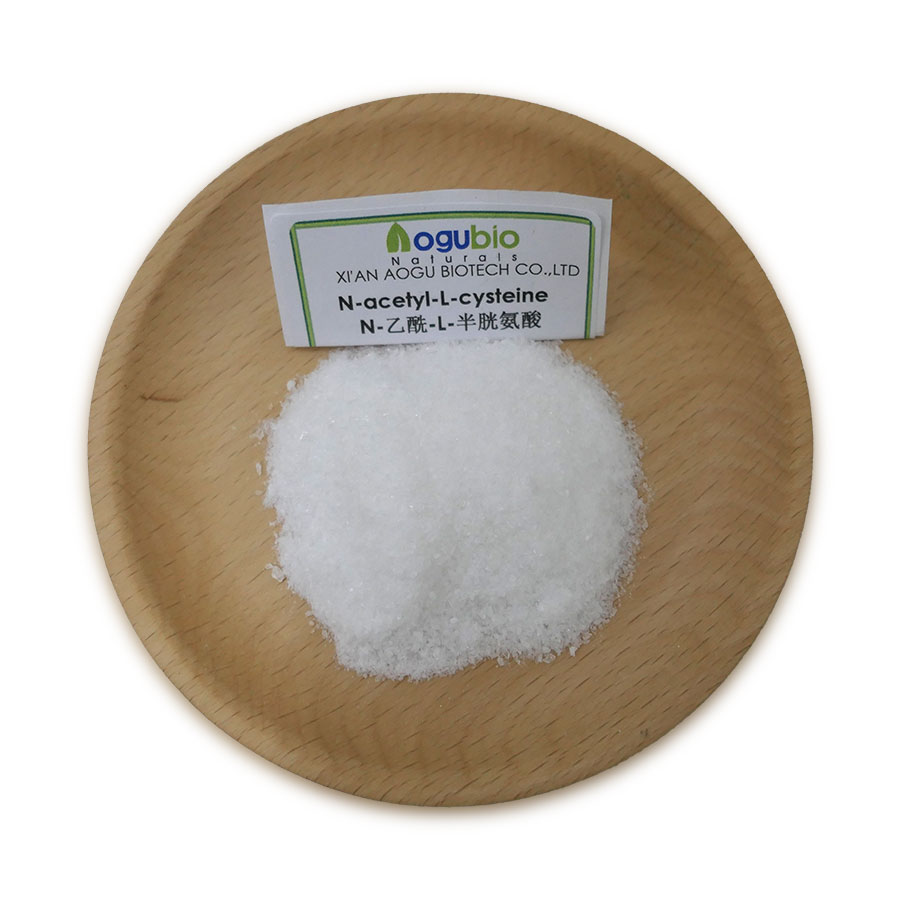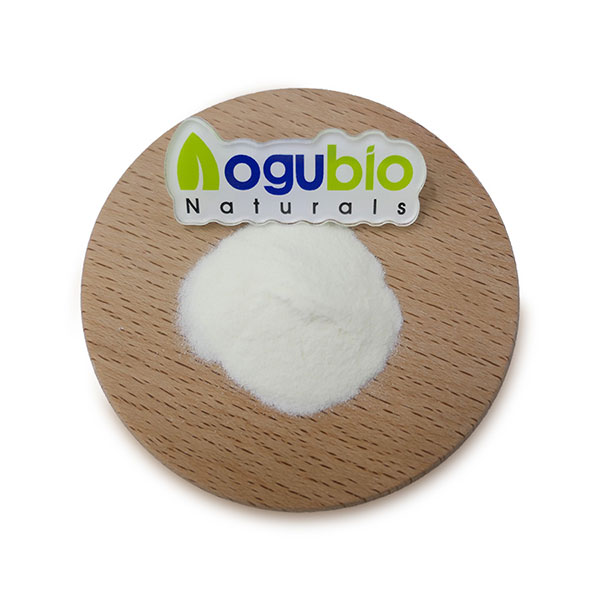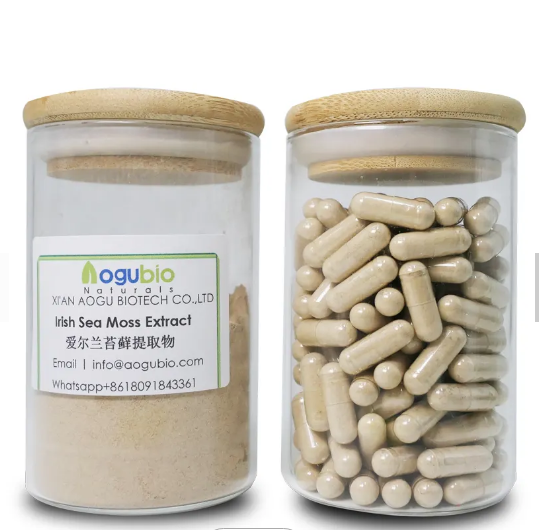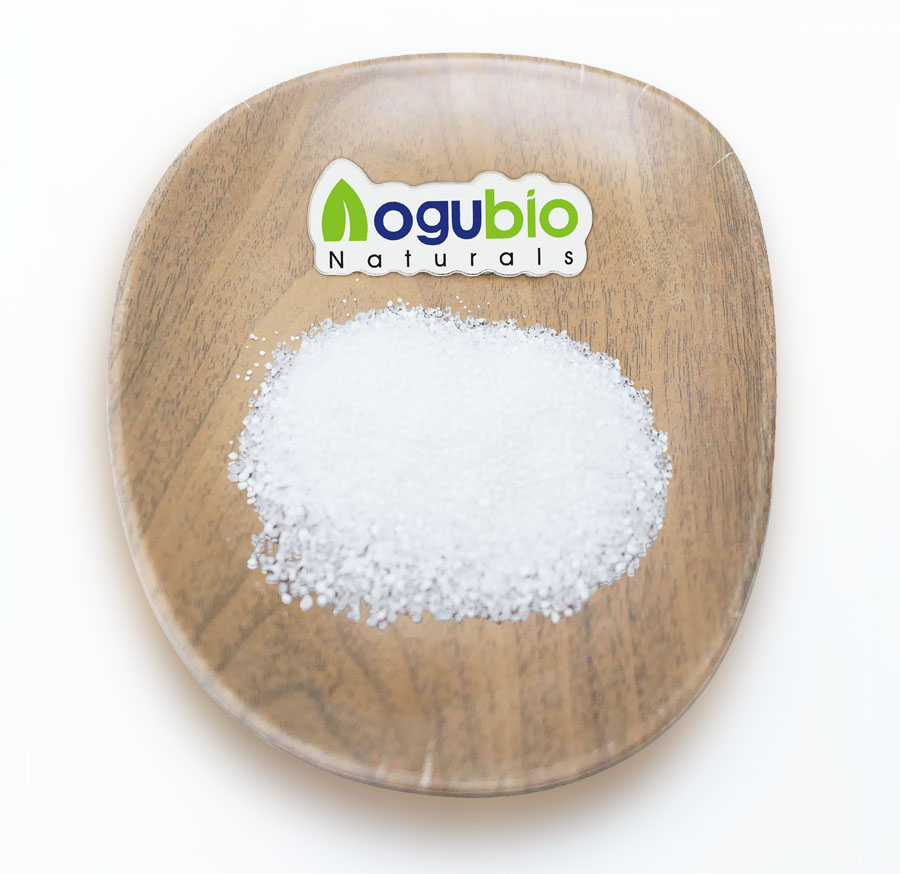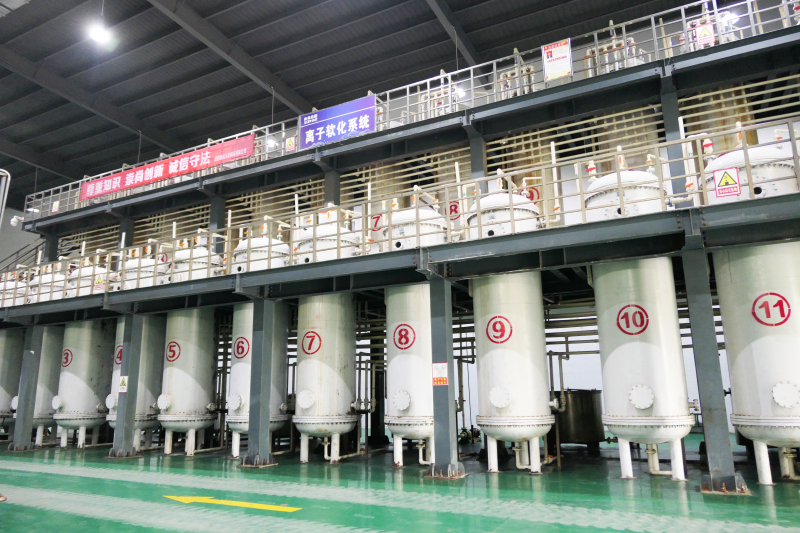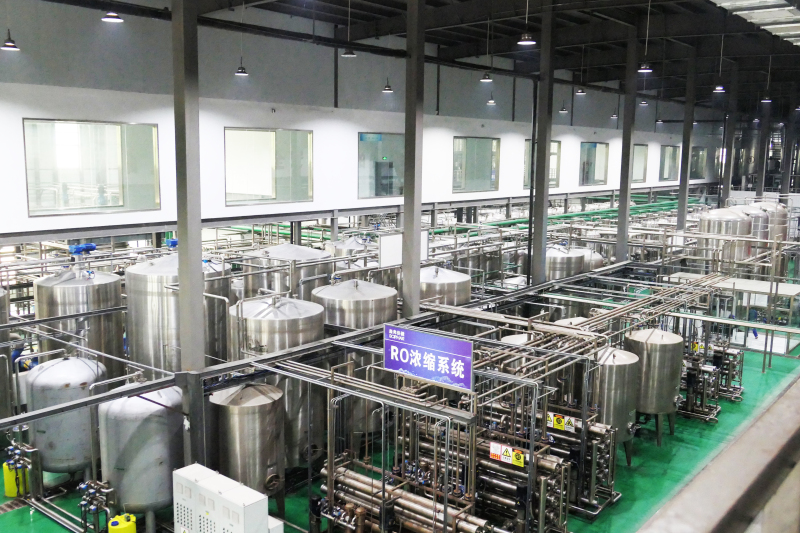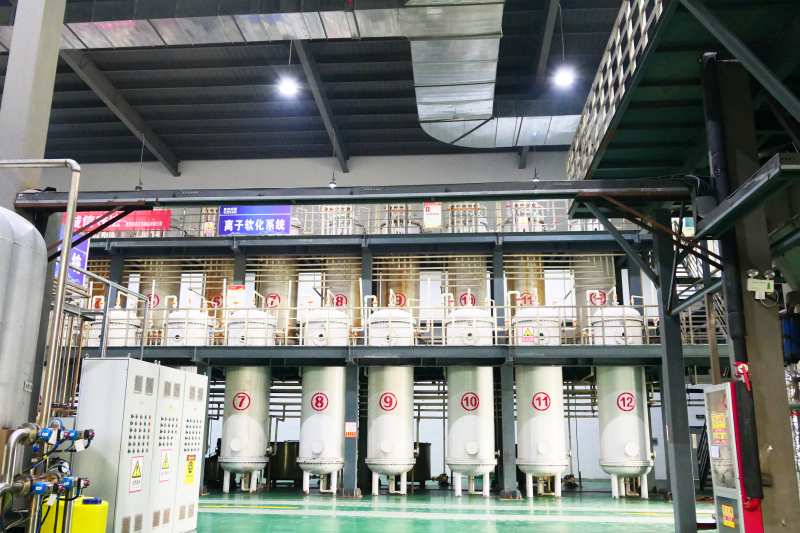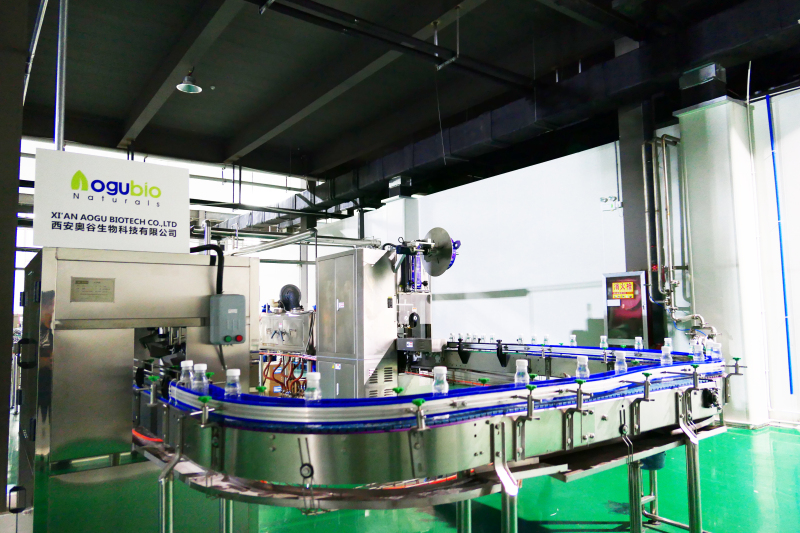N-Acetylcysteine: A Breakthrough Supplement for Treating Polycystic Ovary Syndrome (PCOS)
Polycystic Ovary Syndrome (PCOS) is a common condition that affects millions of women worldwide. It is characterized by an imbalance of hormones, resulting in symptoms such as irregular periods, acne, weight gain, and fertility issues. While there is no cure for PCOS, there are several treatment options available, including lifestyle changes, medications, and supplements. One such supplement that has gained considerable attention in recent years is N-Acetylcysteine (NAC) powder.
NAC is a powerful antioxidant that can help reduce oxidative stress and inflammation in the body. It is derived from the amino acid L-cysteine and has been widely studied for its beneficial effects on various health conditions, including PCOS. Research has shown that NAC can improve ovulation and menstrual regularity, reduce insulin resistance, and lower testosterone levels in women with PCOS.
Insulin resistance is one of the key underlying factors in PCOS. It occurs when the body's cells become resistant to the effects of insulin, resulting in increased insulin levels in the bloodstream. This can disrupt hormone balance and lead to the symptoms associated with PCOS. NAC has been found to improve insulin sensitivity, thereby helping to regulate blood sugar levels and reduce the risk of developing type 2 diabetes.
In addition to its effects on insulin resistance, NAC can also help to reduce androgen levels in women with PCOS. Androgens are male hormones that are present in both men and women. However, women with PCOS often have higher levels of androgens, which can contribute to the development of symptoms such as excessive hair growth (hirsutism) and acne. By reducing androgen levels, NAC can help improve these symptoms and restore hormonal balance.
Furthermore, NAC has been shown to have a positive effect on fertility in women with PCOS. By improving ovulation and menstrual regularity, NAC can increase the chances of conception for women trying to get pregnant. It has also been found to improve the outcomes of assisted reproductive technologies, such as in vitro fertilization (IVF), in women with PCOS.
When it comes to dosage, NAC powder is typically taken in doses ranging from 600-2400 mg per day. However, it is important to consult with a healthcare professional before starting any new supplement regimen, as individual needs may vary. Additionally, NAC may interact with certain medications, such as nitroglycerin and chemotherapy drugs, so it is essential to disclose all current medications to your healthcare provider.
While NAC is generally safe and well-tolerated, some individuals may experience side effects such as gastrointestinal discomfort, nausea, or headache. These side effects are usually mild and can be minimized by starting with a lower dose and gradually increasing it over time.
In conclusion, N-Acetylcysteine (NAC) powder is a breakthrough supplement for treating Polycystic Ovary Syndrome (PCOS). Its antioxidant properties can help reduce oxidative stress and inflammation, improve insulin resistance, and lower androgen levels. NAC has the potential to improve menstrual regularity, increase ovulation, and enhance fertility in women with PCOS. However, it is important to consult with a healthcare professional before starting any new supplement, as individual needs may vary.
Product Description
N-acetyl cysteine (NAC) comes from the amino acid L-cysteine. Amino acids are building blocks of proteins. NAC has many uses and is an FDA approved drug.
N-acetyl cysteine is an antioxidant that might play a role in preventing cancer. As a drug, it's used by healthcare providers to treat acetaminophen (Tylenol) poisoning. It works by binding the poisonous forms of acetaminophen that are formed in the liver.
People commonly use N-acetyl cysteine for cough and other lung conditions. It is also used for flu, dry eye, and many other conditions, but there is no good scientific evidence to support many of these uses. There is also no good evidence to support using N-acetyl cysteine for COVID-19.
N-Acetyl-L-Cysteine is an amino acid, can be transformed from the body of methionine, cystine can be transformed with each other. N-Acetyl-l-cysteine can be used as a mucilagenic agent. It is suitable for respiratory obstruction caused by a large amount of phlegm obstruction. In addition, it can also be used for detoxification of acetaminophen poisoning.


Function
N-Acetyl-L-Cysteine is an amino acid, can be transformed from the body of methionine, cystine can be transformed with each other. N-Acetyl-l-cysteine can be used as a mucilagenic agent. It is suitable for respiratory obstruction caused by a large amount of phlegm obstruction. In addition, it can also be used for detoxification of acetaminophen poisoning.
